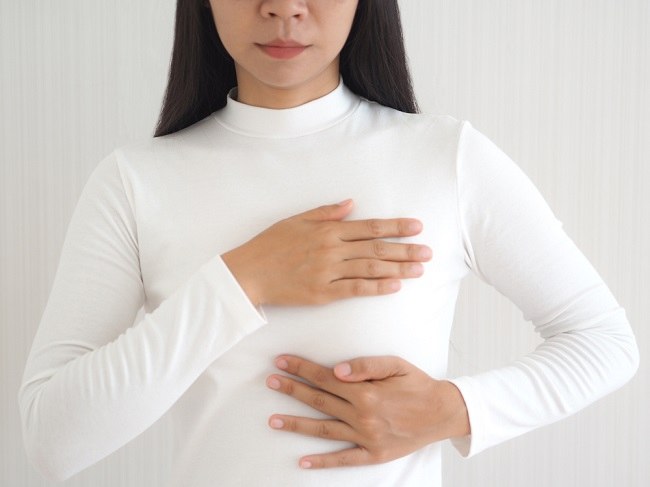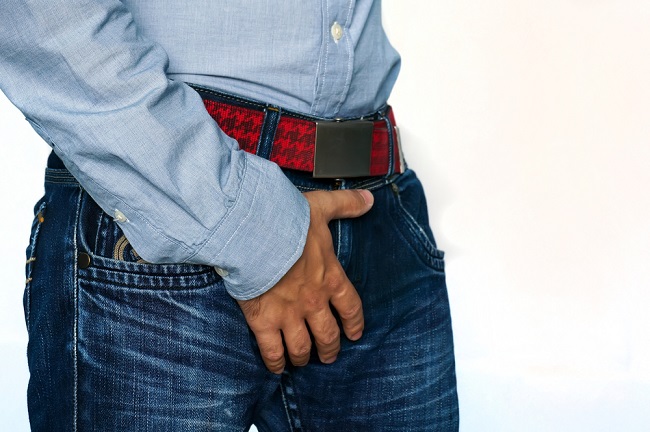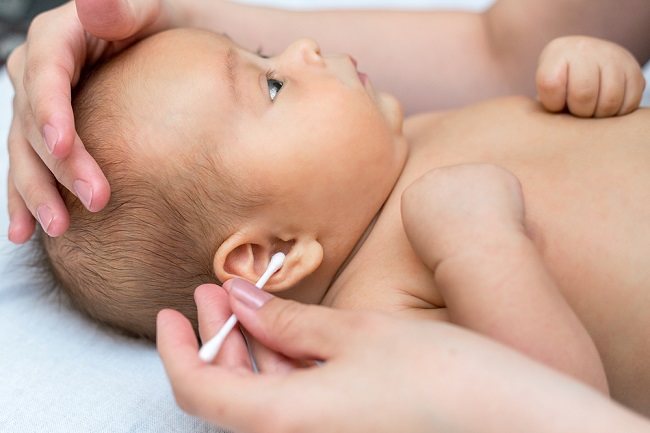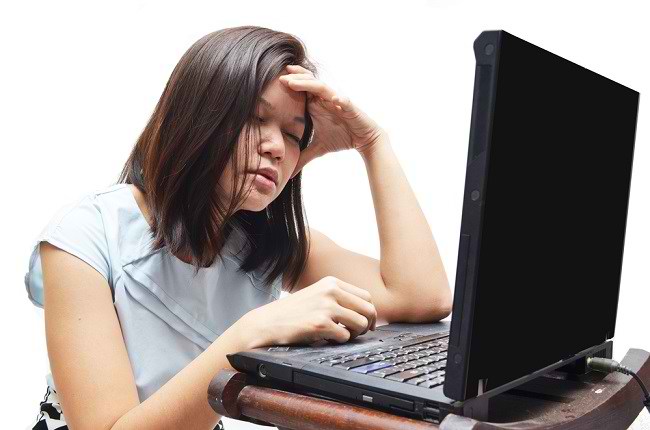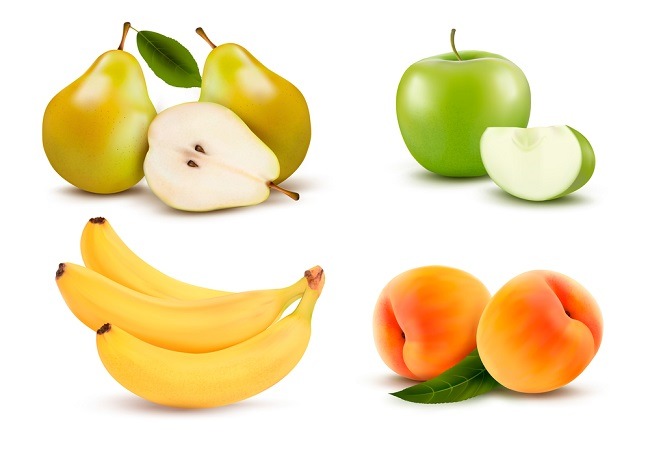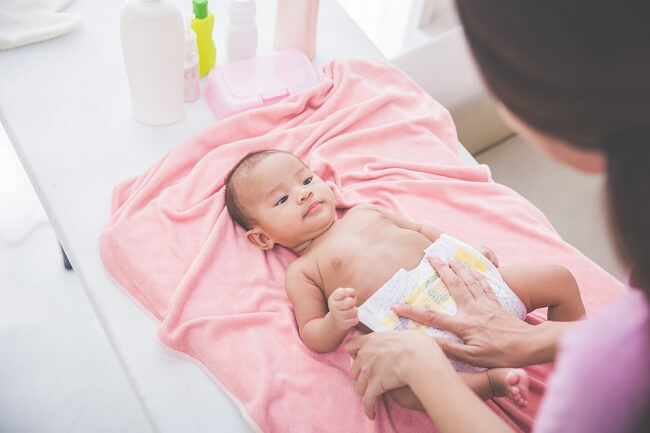Mwash hands with soap is the best way to stop the spread of germs, compared to just using water. Simple habits thisproven to play an important role in help prevent the spread of germs and reduce the number of sick children worldwide.
The spread of germs through hands very often causes disease. Therefore, the United Nations has declared World Handwashing Day (HCTPS) or Global Handwashing Day which is held every October 15th. This is done to promote the habit of washing hands with soap in the community.

The goal is to reduce under-five mortality and prevent infectious diseases that have an impact on people's quality of life. The habit of washing hands is also an indicator of PHBS (Clean and Healthy Living Behavior).
These are the easy steps to wash your hands correctly
Here are easy steps for washing hands with soap that you need to know, namely:
- Open the water tap and wet your hands.
- Use an adequate amount of soap and apply it to your hands so that they cover the entire surface of your hands.
- Rub your palms alternately.
- Don't forget to scrub the area between your fingers and the back of your hand until it's clean.
- Also clean your fingertips alternately by closing them.
- Clean both thumbs alternately by grasping and rotating the thumbs alternately.
- Then, place the tips of your fingers into your palms, then rub gently. Do this alternately with the other hand.
- After that, rinse both hands with running water.
- Immediately dry your hands using a clean dry towel or tissue.
- Use the towel or tissue to close the water tap. And that's the easy step of washing your hands with soap that you can do anywhere.
- To avoid dry skin from washing your hands too often, try to use a moisturizer after every dry hand.
Choice of Soap and Effective Hand Washing Duration
At least, it takes a minimum of 20 seconds to wash your hands thoroughly and effectively. Don't forget to teach your little one proper hand washing and also your family members. But you need to remember, only washing your hands with soap can effectively remove germs and reduce the risk of getting sick, compared to using water alone.
You can use any type of soap to wash your hands, whether it's bath soap, regular soap, antiseptic soap, or liquid soap. However, antibacterial or antiseptic soaps tend to be used more often because antibacterial soaps kill germs well. In essence, to eradicate germs when washing your hands, you need to wash your hands with running water and soap.
If soap and running water are not available, you can use antibacterial wipes. Although not as effective as washing your hands with soap, antibacterial wipes are believed to reduce the number of bacteria on your hands. You can also use an alcohol-based hand sanitizer if hand washing facilities are not available.
Dangers of Not Washing Hands
Whatever you or your little one does today, it will definitely be in contact with germs. Germs on your hands are very easy to move to the mouth when you eat. This of course can endanger health.
Hand washing is one of the best ways to protect yourself and your family from illness. By getting used to washing hands with soap can reduce the number of people who get sick with diarrhea by 31%, and reduce respiratory diseases such as colds by 16-21%.
Here are some dangers when you don't wash your hands:
- Generally, people often touch their eyes, nose and mouth without realizing it. This can make it easy for germs to enter the body through the three areas you touched earlier. Washing your hands with soap before eating can prevent you from getting diarrhea, respiratory infections (including coronavirus infections), and skin and eye infections.
- When you eat without washing your hands, germs on your hands can get into your drinks and food, either when you start preparing food or when you eat it. Germs can breed in certain types of food and drink, which can then make you sick.
- Germs from unwashed hands, of course, can transfer to other objects. For example, toys, doorknobs, or tabletops.
When Should You Wash Your Hands?
You are required to wash your hands with soap in the following situations:
- Before eating.
- Before, during, and after preparing food.
- Before and after caring for someone who is sick.
- Before and after treating wounds.
- After using the toilet.
- After changing diapers or cleaning your little one after using the toilet.
- After sneezing or coughing.
- After touching the trash.
- After touching or cleaning animal waste.
After knowing the importance of washing your hands with soap, it's a good idea to immediately practice the easy hand washing steps described above. Washing hands properly is not just to commemorate Global Handwashing Day every October 15 only, but making hand washing a daily habit can certainly help prevent you and your family from diseases and germs that always lurk.

